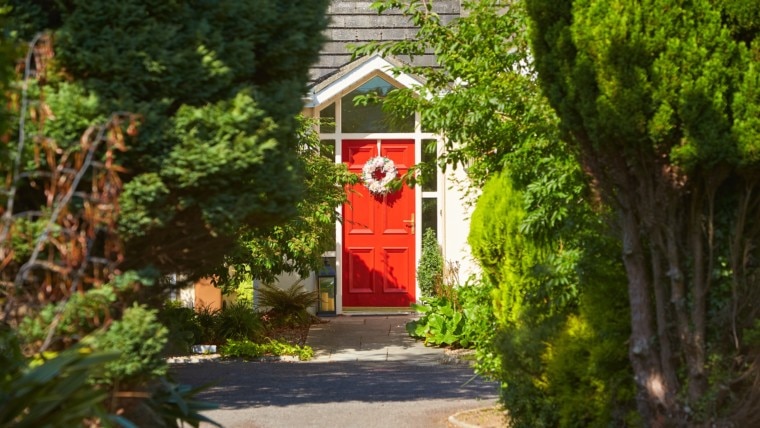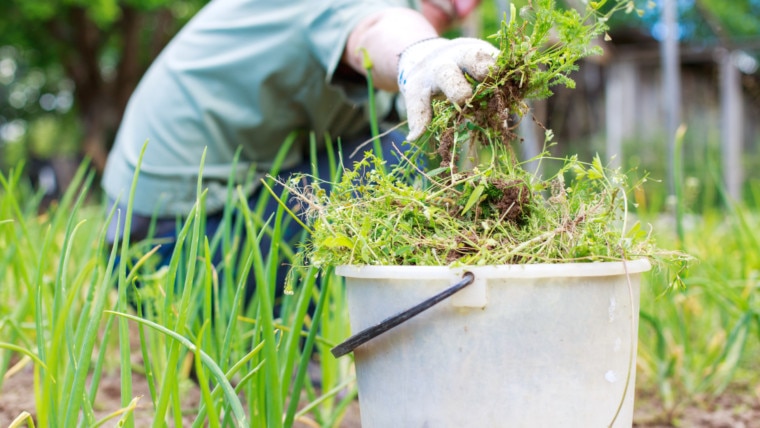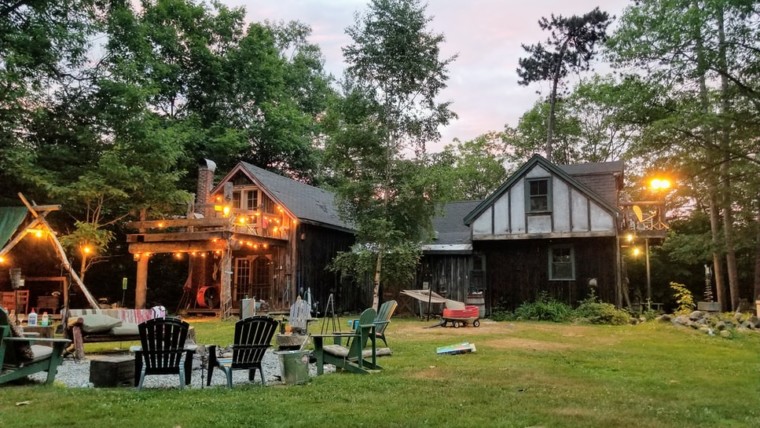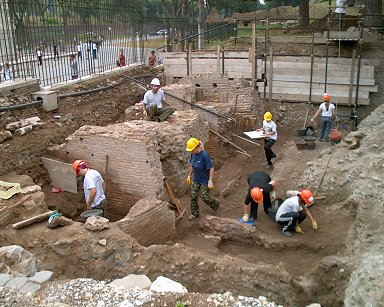Summer time is when we are outside and we want our grass to look lush and green but it is the time of year when it is hit the hardest with problems. Here is a brief run down of common problems and how to deal with them.

Drought
Where I live we are currently experiencing a drought. And with that comes strict watering restrictions. When water conservation is an issue, here are some tips:
- Water in the morning or evening. If you water during the heat of the day, most will evaporate and you will waste water.
- Mow in the morning or evening. When you cut the grass, the blade is “opened” and will lose more water if you mow in the heat.
- Most types of grass need an inch of water per week. If you do not know how much water your lawn is getting, you can place containers randomly around your lawn to catch water (rain or sprinklers). This way you can test to see how long it takes to get to the one inch mark.
- Make sure your sprinklers are not spraying and watering your driveway, roads, etc. Avoid runoff and waste by positioning your sprinkler heads to hit only your lawn.
- Don’t cut your grass too short. The longer the grass, the more shade the roosts have and it helps retain water. Set your mower to the highest position.
Pests and Diseases
- Grubs usually show up in the mid to late summer. Check for dry patches of grass that when pulled, come up easily. Grubs eat the roots which it why it comes up easily when pulled. You may even see some white larva. Prevention is best ( done in the spring) but if you didn’t do that and have found grubs, don’t worry. You should be able to use a products that contains carbaryl and trichlorfon to get rid of the pesky insects. If you want to go the organic route, then you can use a mixture of neem oil and water. Spray it liberally on your lawn. Or you can use Nematodes which are tiny worms that kills the grubs. There is also a milky spore concoction you can spray on your lawn.
- Other pests that can affect your lawn are: chinch bugs, cutworms, armyworms, and sod webworms. If you don’t know which of these bugs are your problem, it may be best to call an expert and discuss your options. That way you know you are treating the right thing.
- There are quite a few diseases that your lawn can get such as Brown Patch, Leaf Spot, Pwdery Mildew, Pythium Blight, and Anthracnose. Again, if you do not know which your lawn is suffering from, it is best to call a lawn care professional to identify it and then help you decided what method of treatment is best for you and your type of lawn.
Spot Problems
- Over application of pesticide or fertilizer can burn the grass. Be care in your application and follow the directions carefully. Make sure your fertilizer broadcast spreader is set to the right setting. I recently forgot to check the setting and it was set too high. Too much fertilizer got spread and I had burn patches.
- Dog urine is another cause of small brown patches on your lawn. It also burns the grass due to high nitrogen content. You can try to train your dog to relieve itself in an area where grass does not grow, or you can dig the patch up and either reseed or use a small section of sod.
- Sprinklers sometimes have areas where they do no reach resulting in brown areas. You can change your sprinkler heads to reach farther, or hand water those spots. Sometimes the filters on sprinkling systems get clogged and simply cleaning them will increase the water pressure and fix the problem.
- Excessive foot traffic can cause you lawn stress. You may consider adding a stone pathway to areas that get high traffic.
- Do you have a shady spot that has a hard time growing grass? Reseed in the fall or spring. Rake the seed into the spoil a little. Choose the right seed type (grass type) that will grow well in shade such as St. Augustine (warm climate) and Red Fescue or Chewings Fescue (cool climate).
Other Dos and Don’ts
- Sharpen your lawnmower blade at least twice a year. If your blade is dull, it tears the grass leaving it more susceptible to disease and other problems.
- If you have cool climate grasses (Kentucky bluegrass, fescue, perennial ryegrass) do not fertilize in the heat of summer. It is tempting since it may begin to dry out due to the heat. But when your lawn in under stress it is the worst time to apply a fertilizer. If you have warm climate grasses (Bermuda, St. Augustine) you can feed it nitrogen once a month.
- Organic or chemical? The choice is totally a personal one. I try to use as many organic products as I can but sometimes I need something stronger. Organic fertilizers release more slowly and therefore are less likely to burn your grass. My favorite one is called Revive.
It can be a challenge at times to keep our lawns looking their best, but it is worth it every time we spend time in our yards. Good luck in keeping your lawns healthy!

















